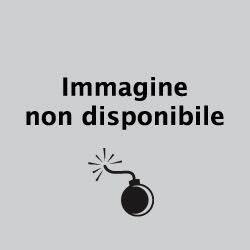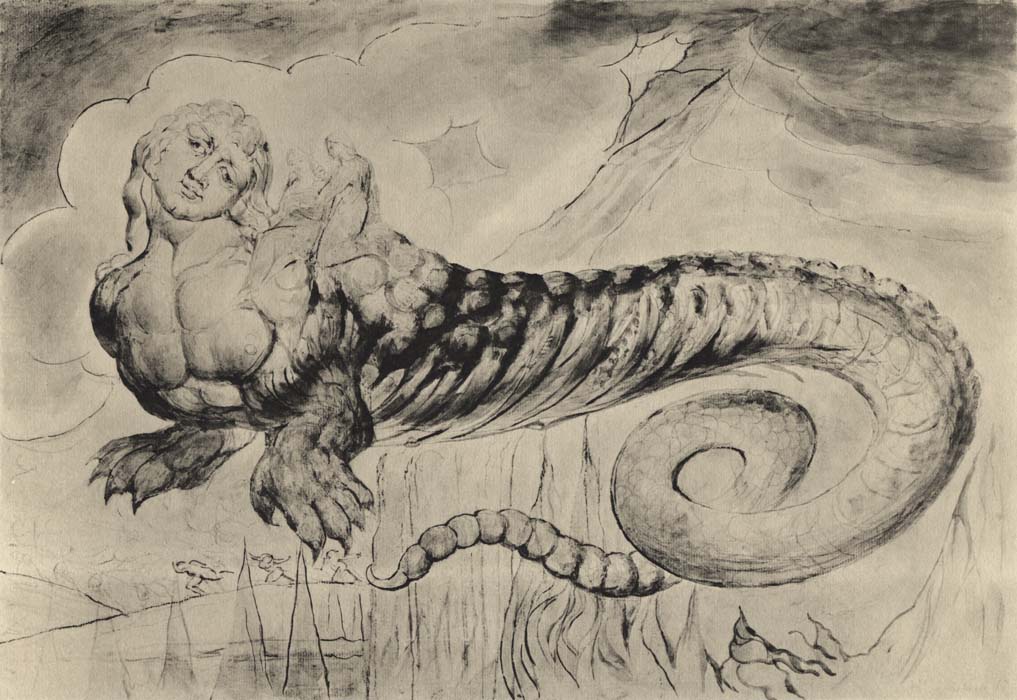Bersani the snake: Peculato
| 25.97 | Let Ovid now be silent, where he tells | ||
| of Cadmus, Arethusa; if his verse | |||
| has made of one a serpent, one a fountain, | |||
| 25.100 | I do not envy him; he never did | ||
| transmute two natures, face to face, so that | |||
| both forms were ready to exchange their matter. |
Oh, what a week it has been in Italian politics! This rump of a parliament has responded to the loud cry for change that the electorate delivered in February by doing something so new it has never happened before...re-elected Giorgio Napoletano their 85 year old President to a second 7 year term! This is change!?!?
The sense of frustration with politics as usually in Italy-- the caste system of the politicians (left and right), the inability of politicians to find a reasonable solution to any of Italy's myriad problems, the massive salaries and benefits of their bloated parliament-- has reached a new level this weekend. After months of mud slinging, posturing, and wars of words in the press (all the groups have done their fair share, including Sig. B. Grillo), Italy's two great enemies, the center-left PD (Partito Democratico) and the center-right PDL (Popolo dell Libertà) have joined forces to re-elect an ancient man as President of Italy. An example of blatant and disgusting politics of self-conservation.
It was unfathomable that the party of former communists, socialists, and Green party supporters lead by Pier Luigi Bersani would unite with the party of Silvio Berlusconi and the Lega Nord separatists. But the advent and popularity of the Movimento Cinque Stelle and their unwillingness to set aside its scruples and "fare l'inciucio (underhand schemes), has brought Left and Right together to create a new type of government in Italy. They have created a monster.

this political cartoon offers the best definition I could find for the Italian word "inciucio"
I have already put Berlusconi in Hell, so I can't move him (Divine Justice does not make changes!), but Bersani and his PD conspirators have yet to receive Minos' bestial judgment!
The bestial union of two opposites into a new monstrosity recalls most vividly Dante's description of the transformations of the thieves in Inf. XXIV and Inf. XXV. Dante describes three different types of transformations, but the one the fits these the best describes the sin of Peculato, or theft of a public good.
These sinners are attacked by a reptile and then merge with that reptile to form a new monstrous serpentine beast. Bersani here takes a majority of the blame for the PD's collective sin, and he has merged with the slimy reptile Berlusconi (leader of the PDL) to form this new hideous government.
Why is this a monstrosity and not a positive moment of bi-partisanship? The motive for this unnatural union is the preservation of the two-party system, the caste system, that benefits both parties while not serving Italy's interests or respecting the clear call of the vox populi.
The crime of Peculato is the specifically theft of a public good. What has public good has the PD and PDL stolen here? Democracy itself. Nobody can deny Italians voted for change and specifically for change in the politics of the parties (and their massive government funding), but they got an unprecedented "more of the same" outcome. PD and PDL ignored the voters will; even their own voters who are now protesting the idea of unifying with their enemies. PD's self-immolation is the only consolation for voters feeling stunned and dismayed at this new low.
Italians are mad and disillusioned, and I understand why better now than ever. The best we can hope is that the young Italians who voted M5S or PD keep their heads up, as they did this weekend with their peaceful march in Rome.
We can hope that they continue to make their voices heard democratically and refuse invitations to violence or despair. After all, an 86 year old president is like a 76 year old Pope with one lung: a temporary solution.






